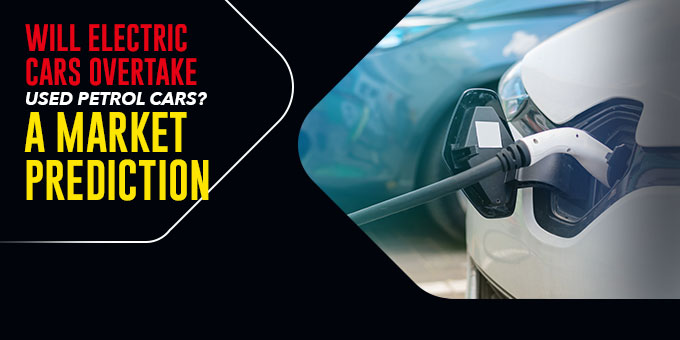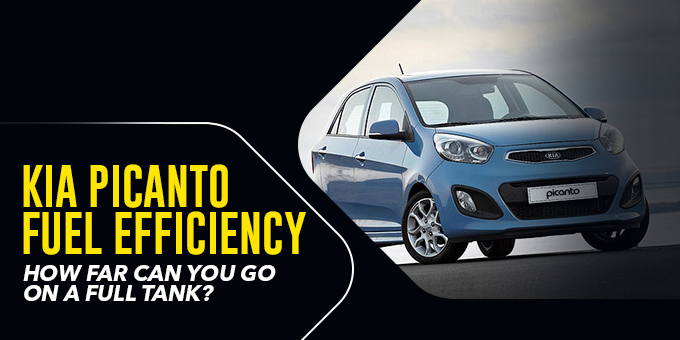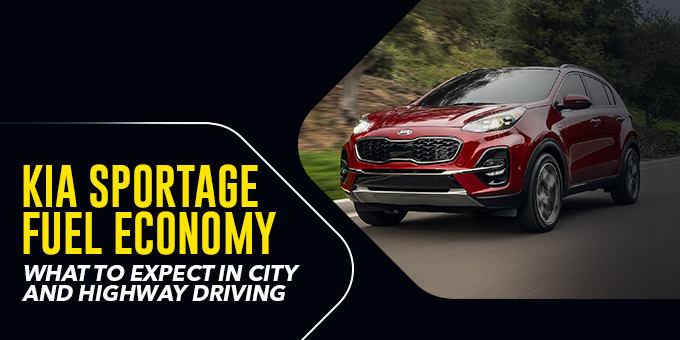The global automobile industry is experiencing a significant shift. Electric vehicles (EVs) are rising in popularity, while used petrol cars continue to dominate the market. Many drivers wonder whether electric cars will eventually overtake used petrol cars. To understand this, we must analyze market trends, consumer behavior, and government policies shaping the future of transportation.
The battle between electric cars and used petrol cars involves factors such as cost, infrastructure, and environmental concerns. While EVs represent the future, used petrol cars remain an affordable and accessible option for many buyers. This article explores the challenges and advantages of both vehicle types and predicts the future of the automotive industry.
The Growth of Electric Cars
Electric cars have gained traction over the last decade. Major automakers invest billions in developing advanced EVs, and governments worldwide support this transition through incentives and infrastructure development. Consumers are also becoming more environmentally conscious, making electric vehicles a preferred choice for many.
Tesla, Nissan, and Volkswagen lead the electric revolution, producing high-performance models with extended battery ranges. The introduction of solid-state batteries promises even longer ranges and faster charging times. These advancements indicate a promising future for electric mobility.
Governments play a crucial role in promoting EV adoption. Many countries plan to ban petrol and diesel cars within the next two decades. Norway, for instance, has announced a complete ban on petrol and diesel cars by 2025. Such policies will accelerate the transition to electric vehicles.
Why Used Petrol Cars Still Dominate the Market
Despite the rapid rise of electric cars, used petrol cars continue to dominate the market. Their affordability, availability, and familiarity make them the go-to choice for many consumers. Unlike EVs, petrol cars do not require specialized charging infrastructure, making them more convenient, especially in regions with limited EV charging stations.
The used car market is vast, offering vehicles at significantly lower prices than brand-new EVs. Many consumers prefer petrol cars due to their reliability and ease of maintenance. Furthermore, some drivers remain skeptical about the long-term performance of electric vehicles, fearing potential battery degradation and high replacement costs.
Another factor keeping petrol cars relevant is the availability of fuel stations. While EV charging networks are expanding, they are not as widespread as petrol stations, particularly in developing countries. This lack of charging infrastructure makes many buyers hesitant to switch to electric vehicles.
Market Prediction: Will Electric Cars Overtake Used Petrol Cars?
The transition from petrol to electric will not happen overnight. While EV adoption is growing, used petrol cars will continue to dominate for the next decade. Several factors will determine how quickly electric cars replace petrol vehicles, including infrastructure development, technological advancements, and government policies.
The affordability of used petrol cars will keep them relevant for many years. In developing nations, where EV infrastructure is still in its infancy, petrol cars will remain the primary choice. Even in developed countries, budget-conscious buyers will likely continue purchasing used petrol vehicles instead of investing in new electric models.
However, as battery costs decline and EV production scales up, electric vehicles will become more affordable. This shift will encourage more consumers to switch to EVs. By 2035, experts predict that electric cars could outsell new petrol cars. The used car market, however, will take longer to transition due to the sheer number of existing petrol vehicles.
Challenges Facing Electric Cars
Despite their advantages, electric cars face several obstacles that could slow their widespread adoption. One major challenge is charging infrastructure. While governments invest heavily in expanding charging networks, many regions still lack sufficient fast-charging stations. This limitation makes long-distance travel more challenging for EV owners.
Battery technology is another concern. While advancements continue, battery production remains expensive, and raw material shortages can affect supply chains. Additionally, the environmental impact of battery disposal and mining for lithium raises ethical and sustainability concerns.
Consumer education is also a hurdle. Many potential buyers remain uninformed about EV benefits and hesitate to transition due to misconceptions about battery lifespan, charging costs, and maintenance. Overcoming these concerns through awareness campaigns will be crucial for EV adoption.
The Role of Government Policies and Incentives
Government policies significantly influence the automotive market. Many countries offer tax incentives, subsidies, and grants to encourage EV adoption. In the United States, for example, buyers can receive federal tax credits when purchasing an electric car. Similarly, European nations provide financial incentives and prioritize EV-friendly infrastructure.
Emission regulations also push automakers toward electric vehicle production. Stricter emission standards force manufacturers to develop cleaner technologies, gradually reducing reliance on petrol cars. Countries implementing bans on internal combustion engines will further accelerate the EV transition.
However, not all governments have robust EV policies. Some nations still lack clear strategies for phasing out petrol cars. In these regions, used petrol cars will continue to dominate until stronger policies support the adoption of electric vehicles.
Consumer Preferences and Buying Behavior
Consumer preferences play a vital role in determining the future of electric and petrol cars. Many buyers remain cautious about switching to EVs due to range anxiety and high initial costs. However, as EV technology improves and charging networks expand, more consumers will consider electric cars a viable alternative.
Younger generations tend to be more open to electric vehicles. Millennials and Gen Z prioritize sustainability and are willing to invest in eco-friendly options. Older consumers, however, often prefer the familiarity and affordability of petrol cars.
Leasing and financing options also influence consumer decisions. Automakers and financial institutions offer flexible payment plans for electric cars, making them more accessible. As leasing programs become more widespread, EV adoption rates are expected to increase.
The Future of the Used Car Market
The used car market will undergo significant changes as electric cars become more common. In the short term, petrol cars will dominate the used car segment due to their affordability and availability. However, within the next two decades, used electric cars will become more accessible, offering budget-friendly alternatives to new EVs.
Battery life improvements will make electric cars that are used more attractive to buyers. Currently, battery degradation is a concern for second-hand EVs, but advancements in solid-state batteries and battery recycling could change this perception. Lower maintenance costs and better energy efficiency will further enhance the appeal of used EVs.
Over time, petrol cars will become less desirable due to stricter emission regulations and rising fuel costs. As electric vehicle production increases and charging infrastructure expands, the used car market will gradually shift in favor of EVs.
Conclusion
The transition from used petrol cars to electric vehicles will take time. While electric cars are gaining momentum, used petrol cars will remain dominant in the short term due to affordability and convenience. However, as battery technology advances, charging infrastructure improves, and government policies favor EVs, electric cars will gradually overtake petrol vehicles.
By 2040, electric cars could become the standard, while used petrol cars may become less common. The automotive market is evolving, and the shift toward electric mobility is inevitable. Consumers, automakers, and governments must work together to facilitate a smoother transition toward a sustainable future.




